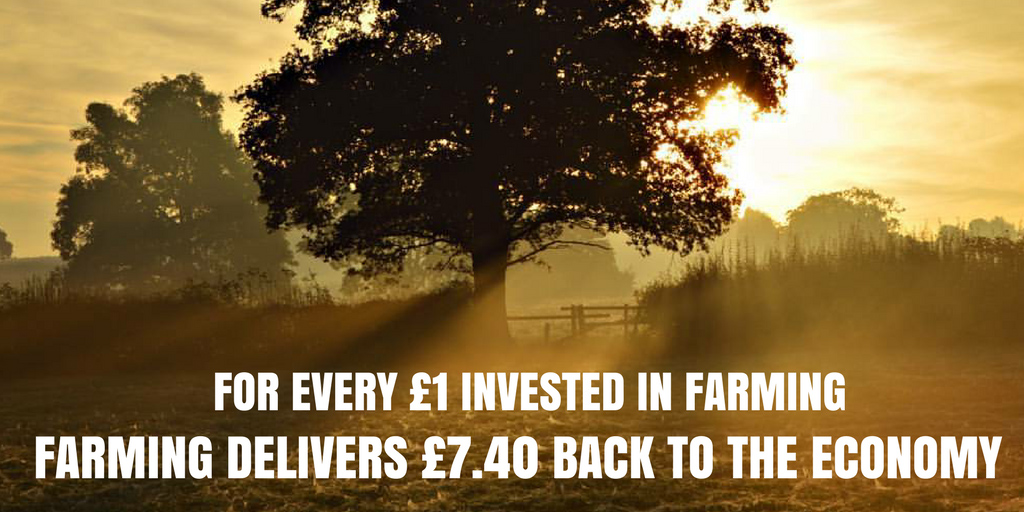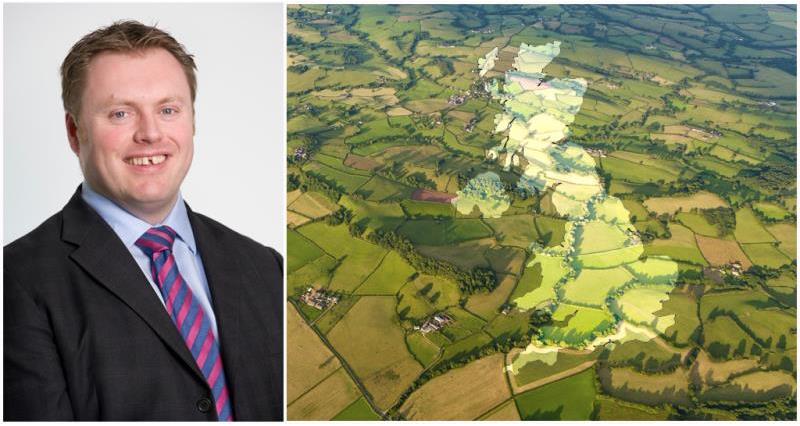He writes:
This letter from the UK’s biggest manufacturing sector allowed us to set out the importance of food and farming in the coming Brexit negotiations. As well as outlining our collective priorities for trade, we yet again emphasised the strategic and economic importance of the industry and offered our collective insight and understanding of the sector ahead of the negotiations with the EU.
Working in this way allows us not only to bring to life the fact that we employ together nearly four million people and generate in excess of £100bn in value each year, but it also means that the food supply chain speaks to government with one voice.
This work built on the alliances we have previously made in the UK food supply chain.
In early December the NFU, along with the UK farming unions, brought together the largest coalition of food producers in the UK’s history to write to the PM and leading Cabinet ministers to set out our early asks on trade and labour. With signatories that included Sainsbury’s, Marks and Spencer, Dairy Crest, Morrisons, Müller and Weetabix, that communication was picked up across a wide range of media.
We know from subsequent conversations that these messages achieved cut-through with decision-makers at the highest levels and in part it’s why food and farming are now seen as priority sectors in the forthcoming negotiations. But, alongside those much-loved household names, what gave the work real heft was the nucleus of NFU, NFU Cymru, NFUS and UFU.
Related...
- Q&A: Securing the best deal for British farming
- Our dedicated post-Brexit farm policy channel
- Prime Minister 'backs British farmers' in PMQs
- Brexit: Food supply chain coalition outlines trade priorities
- Collaboration key to successful post-Brexit supply chain
- UK unions and processors unite on post-Brexit trade and labour
- UK's food industry: 'Access to single market and labour vital'
At the end of this week the presidents of the four UK farming unions will meet again in Northern Ireland. The unions will be considering the agricultural policy development work carried out since they last met, reviewing the government’s statement on withdrawal and looking again at the transitional arrangements that will provide the smartest and smoothest possible Brexit for farmers and growers.
The NFU takes its responsibilities as the largest farming union very seriously and it’s absolutely right that we also involve the wider agricultural industry.
The Brexit farming roundtable convened by our Deputy President Minette Batters brings together other farming bodies and provides a good opportunity for all organisations to discuss their own policy developments and share the views of their own membership.
The NFU is also active in a longstanding Brexit livestock group, part of the Food Chain Workforce strategy group and we expect to work with the recently constituted Agri-Brexit Coalition which represents the interests of the agricultural supply industry. This approach to collaborative working is also replicated within Wales where NFU Cymru has orchestrated the establishment of “Amaeth Cymru” which is a collation of industry organisations and Welsh Government working in partnerships on the development of a Welsh Agricultural strategy.
When it comes to lobbying perhaps our greatest strength is that our members are prepared to lead and provide an authentic voice for our campaigns. However working with others can often amplify those messages, draw attention to our issues and ultimately deliver value for our members. As agriculture will be impacted more than any other sector by the UK’s decision to leave the European Union that approach to collaborative working will be more important than ever.
